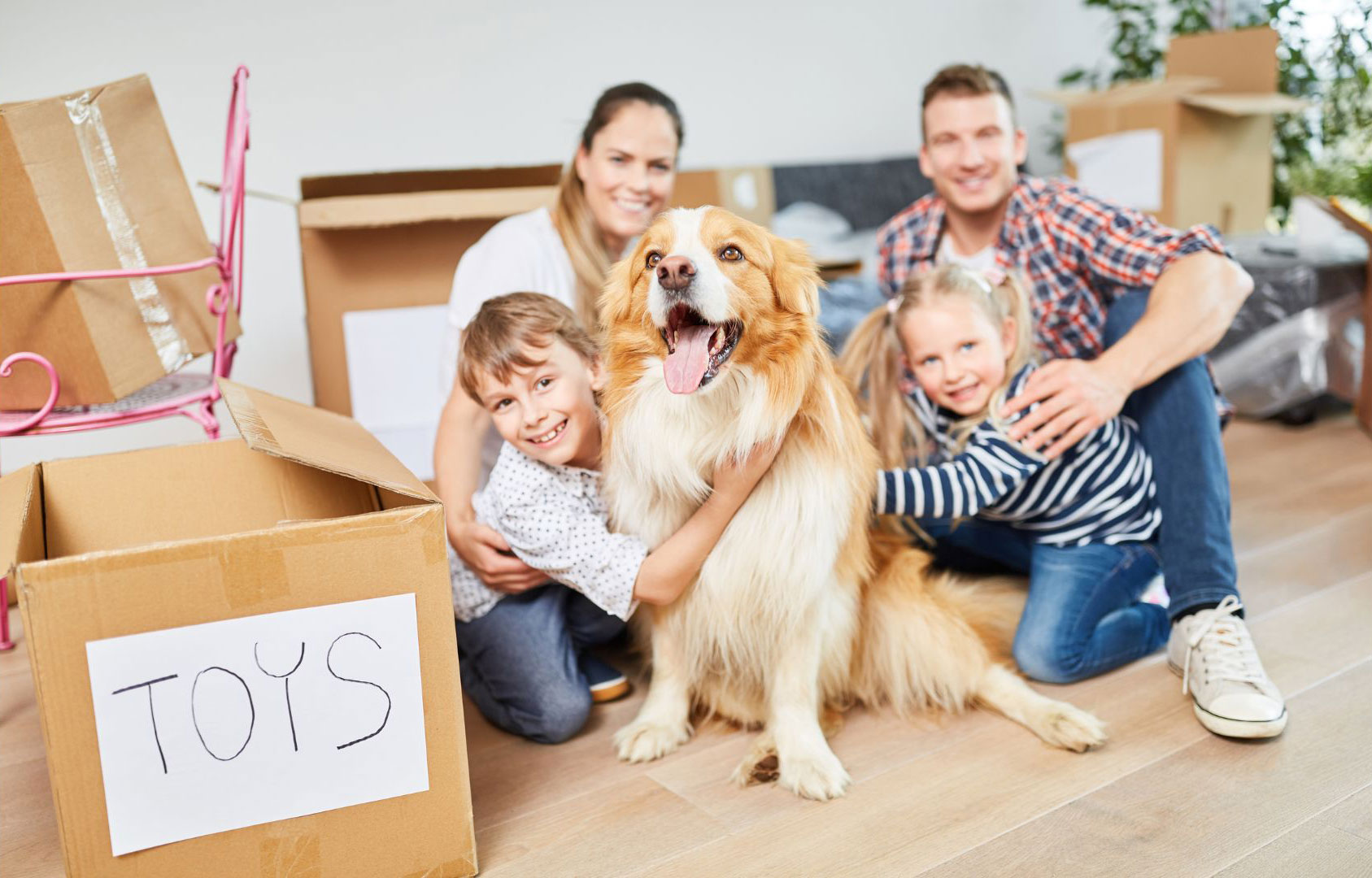1. Decluttering Before the Move
One of the best ways to make your house move more efficient is to declutter before you start packing. Moving is the perfect opportunity to assess what you really need in your new home. Go room by room and sort items into categories: keep, donate, sell, and recycle. Reducing the number of items you move not only saves on removal costs but also makes unpacking at your new home far easier.
Many local charities will accept donations of furniture, clothing, and household items in good condition. If you have larger furniture items to dispose of, check whether your local council offers bulk waste collection services. For valuable items, consider selling them on online marketplaces such as eBay, Facebook Marketplace, or Gumtree.
2. Creating an Inventory List
Keeping track of all your belongings is crucial for an organised and stress-free house move. Creating an inventory list helps you monitor what you are moving and ensures that nothing gets lost in transit. Use a notebook, spreadsheet, or moving checklist app to list each item and its condition before packing.
If you’re using a professional removals company, having an inventory makes it easier to check that all boxes and furniture pieces arrive safely at your new home. It’s especially useful if you’re moving long-distance or using a storage service, as you’ll have a detailed record of everything you own.
3. Packing an Essentials Box
During the first 24 hours in your new home, you’ll likely be too busy unpacking to search through multiple boxes for the things you need immediately. That’s why an essentials box is a must-have for moving day.
Include items such as:
- Toiletries (toothbrush, toothpaste, soap, toilet roll, shampoo)
- Clothing (a change of clothes and sleepwear)
- Basic kitchen supplies (a kettle, tea bags, coffee, mugs, plates, cutlery, snacks)
- Phone chargers and electronics
- Important documents (passport, rental agreement, moving contract, insurance details)
If you’re moving with children or pets, don’t forget to pack their essentials too, such as nappies, baby food, pet food, and favourite toys.
4. Notifying Important Parties of the Move
Updating your address in advance will help prevent missed bills, lost mail, and service disruptions. Here’s a checklist of key organisations and service providers to notify:
- Royal Mail – Set up a mail redirection service to ensure you don’t miss important post.
- Banks and Credit Card Companies – Update your billing address to avoid financial security issues.
- Utility Providers – Notify your electricity, gas, and water suppliers of your moving date to ensure your new home is set up.
- Broadband & TV Providers – Arrange for internet and TV services to be transferred or installed at your new property.
- DVLA (Driver and Vehicle Licensing Agency) – Update your driving licence and vehicle logbook with your new address.
- Subscription Services – Update delivery details for newspapers, streaming services, and online shopping accounts.
It’s also a good idea to inform friends, family, and employers of your new address in case they need to contact you.
5. Preparing Appliances for the Move
If you’re taking large appliances such as washing machines, fridges, freezers, and dishwashers, they need to be prepared properly before moving day.
- Fridges & Freezers – Defrost at least 24 hours before moving to avoid leaks. Clean and dry them thoroughly.
- Washing Machines & Dishwashers – Drain all water, disconnect from power and plumbing, and secure any loose parts.
- Ovens & Microwaves – Remove detachable parts and clean thoroughly before transport.
Your removals company may be able to assist with disconnecting and reinstalling appliances at your new home—check in advance to see if this service is available.
6. Taking Photos of Electronic Setups
Unplugging and reconnecting TVs, gaming consoles, routers, and computer setups can be confusing. Before you unplug any wires, take clear photos of the back of each device so you know exactly where each cable goes.
For extra organisation, use colour-coded labels or sticky notes to mark different cables. When setting up your new home, you’ll save time and avoid frustration when reconnecting everything correctly.
7. Arranging Child and Pet Care for Moving Day
Moving day can be stressful for young children and pets, especially with people coming in and out, doors left open, and heavy furniture being moved. To ensure their safety and reduce distractions, consider arranging childcare or pet care for the day.
Options include:
- Leaving children with family members or friends
- Booking a babysitter or childminder
- Taking pets to a pet sitter, kennel, or cattery for the day
If childcare isn’t possible, create a safe play area with favourite toys, snacks, and activities to keep them occupied.
8. Confirming Details with the Moving Company
A few days before your move, call your removals company to confirm all arrangements. Key details to verify include:
- Date and time of arrival at your current and new property
- Access and parking requirements for the removals vehicle
- Services included (packing, furniture dismantling, storage)
- Final cost and payment method
Clear communication helps avoid last-minute confusion and ensures everything runs smoothly.
9. Checking Parking Restrictions at the New Property
If you’re moving to an area with limited parking or permit-only zones, it’s important to arrange parking for the removal van in advance.
Check with your new landlord, estate agent, or local council to find out:
- Whether a parking permit or reservation is needed
- If there are loading restrictions at certain times
- Where the nearest available loading bay or parking area is
This prevents delays on moving day and ensures your removals company can unload efficiently.
10. Preparing an Overnight Bag
Even with the best planning, unpacking everything on your first night in your new home isn’t always possible. Having an overnight bag with essentials makes the first night more comfortable.
Pack:
- Fresh clothes & pyjamas
- Toiletries (toothbrush, deodorant, shower gel, hairbrush)
- Medications & first aid kit
- Snacks & bottled water
- Bedding & pillows if your bed isn’t set up yet
This way, you won’t have to search through multiple boxes just to find the basics.


